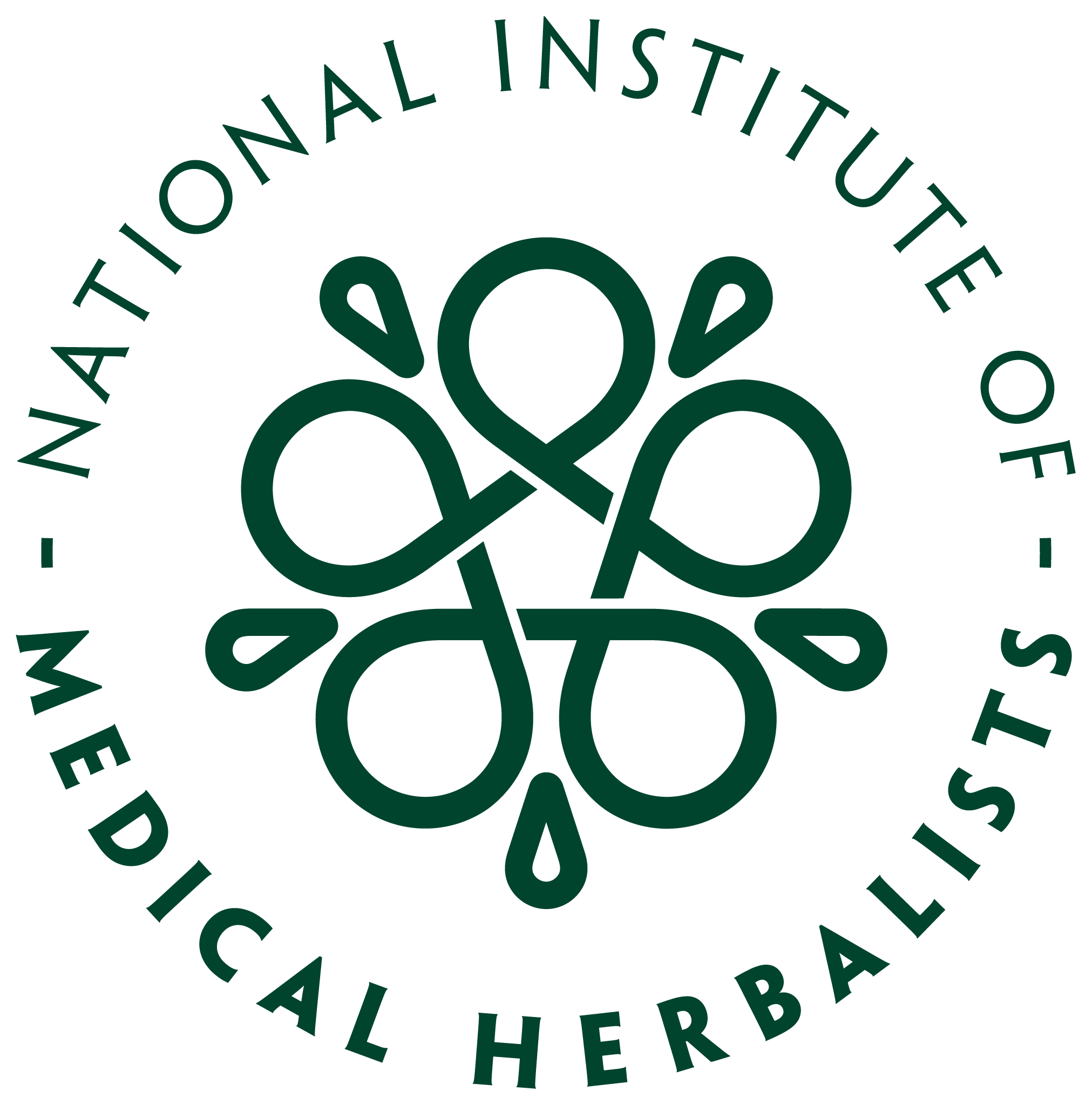
Digitalis purpurea
Scrophulariaceae
- Jekkapedia
- Details
- Growing
- Medicinal
- Available as
- How to sow seeds
- How to grow herbs
- Sustainability
Digitalis purpurea, Foxglove, Fairy Gloves
Family: Scrophulariaceae
Genus: Digitalis
• Hardiness: H6 (-15 to -20C)
• Type: Biennial
• Height: up to 1.8m
• Spread: 60cm
Foxglove can be seen at the herb farm in Jekka's Herbetum and is available to buy online as herb seeds.
• Soil type: Loam, Free Draining
• pH: Universal pH
• Habit: Upright
• Flowering colour: Purple, White
• Flowering time: Spring in second year
• Uses: Medicinal (Read Jekka's Guide To Medicinal Herbs for more information)
• Attracts pollinators: Yes (Read Jekka's Guide to Pollinators for more information)
• Container suitability: No
• UK native: Yes
• Caution: The whole plant is poisonous, seeds, leaves and roots.
• Indoor Sowing: In spring or early autumn, into prepared plug trays or pots. Do NOT cover the seeds.
• Outdoor Sowing: In spring, into a prepared site, do NOT cover the seeds. Thin seedlings to 30cm apart. WARNING: SEEDS AND PLANT ARE TOXIC.
• Maintenance: (See Jekka's Blogs on Early Spring, Late Spring, Summer and Autumn maintenance)
• Harvest: N/A
Famously described as a treatment for dropsy by Dr William Withering in 1785, foxglove contains a group of powerful medicinal compounds acting on the heart called cardiac glycosides. A refined derivative of these, digoxin, is now used in present day medicine to treat some forms of irregular heart beat and heart failure.
The cardiac glycosides found in foxglove have a serious potential for toxicity and can rapidly build up within the body. For this reason foxglove is now regarded as too dangerous to use medicinally and has no place in current herbal practice. It should not be used medicinally under any circumstances.

Caution: DANGER!
This plant is considered to be very poisonous and should not be used medicinally under any circumstances. If accidentally ingested seek urgent medical assistance without delay. Care is needed as it is often confused with other herbs in the spring before the distinctive flowers have appeared.
Please note: The information provided here is for educational interest only and is not intended to be used to diagnose or treat significant health problems. Any serious or long-term health concerns should always be discussed with a healthcare professional.
See our blog for more information about the National Institute of Medical Herbalists
For information on growing herbs from seeds please see Jekka's blogs on sowing herb seeds, sowing your winter culinary herbs or how to grow vegetables.
Jekka's "How to Grow Herbs" videos, includes Jekka's video on how to sow herb seeds for an informative step-by-step guide to seed sowing. For a hands-on herb experience, where you will learn how to grow herbs, check out our Master Classes.
Growing indoors? Check out Jekka's blog on indoor herb gardening for some advice.
For seeds, try Jekka's Seed Club Subscription to regularly receive different sustainable culinary herb seeds for you to try. If you require pots or compost, see Jekka's Herb Kits that includes Jekka's Seed Sowing Kit. This kit contains all you need to sow a collection of herb seeds.
For more information on growing herbs plants please see Jekkapedia, Jekka's blog or our FAQs page.
Happy Herbs!
At Jekka’s we sell herbs in 1 Ltr and 2 Ltr pots. These are established and hardy herb plants that are grown following organic principals and to survive the UK climate. Please read Jekka's blog that contains her top steps to growing on your herbs.
There is also ‘Jekka’s Seasonal Tips’ series that covers growing and maintaining herbs in early spring, late spring, summer and autumn & winter. Together they form Jekka’s guide on how to grow herbs. For a hands-on herb experience, where you will learn how to grow herbs, check out our Master Classes.
Our herbs are designed to be grown in containers or planted in the garden. Although some herbs will be quite happy indoors, most prefer being outside. Please see our indoor growing blog for more information.
If you require pots or compost, we have developed Jekka's Herb Kits, which includes Jekka's "Grow On" Kit. These kits contain all you need to grow on your herbs.
If you think your herbs need a little more attention we always recommend an environmentally friendly solution, and these are Jekka's top three:
- Maxicrop liquid seaweed: 'Feed on Fridays' as Jekka always says for all round good plant health.
- SB Invigorator: a safe and effective insecticide and fungicide to help control a wide range of pest species
- Epsom salts: the horticultural equivalent of what you put in your bath that will top up the plant's magnesium and stop orange leaves.
Please note, the compost in Jekka's Kits will have enough natural food for approximately 6 weeks.
For more information on growing herbs plants please see Jekkapedia, Jekka's blog or our FAQs page.
Happy Herbs!
One of our three core roots is that we are Environmentally Conscious and for the past 30 years all the herbs grown at Jekka’s have been raised following sustainable, environmentally friendly and organic approaches resulting in a remarkable biodiversity at the herb farm.
Our herb seeds are also untreated and can be used to grow organic herb plants. Our seeds are hand packed into gassine bags, which are fully recyclable, compostable and biodegradable. These bags are then put into beautifully illustrated paper seed packets. Therefore, our environmental footprint is small.
Want to know more? You can read more about our sustainability approach to growing herbs in one of Jekka's Blogs. See also:
- Organic and sustainable approach to growing herb plants
- Jekka's guide to being a sustainable herb gardener
- Jekka's guide to cimate change
- Jekka's top 8 tips for becoming a sustainable gardener
- Jekka's blog on organic gardening and soil health
- Jekka’s guide to increasing biodiversity and rewilding your garden



